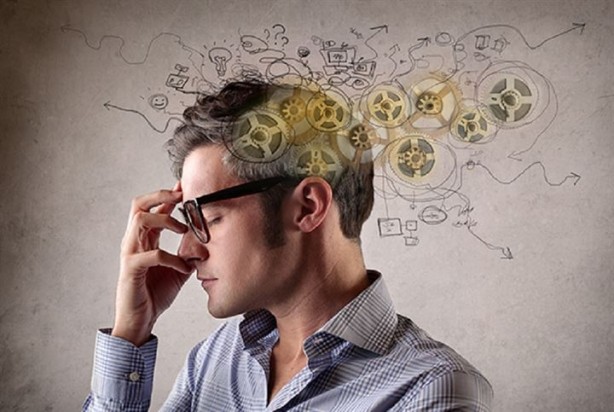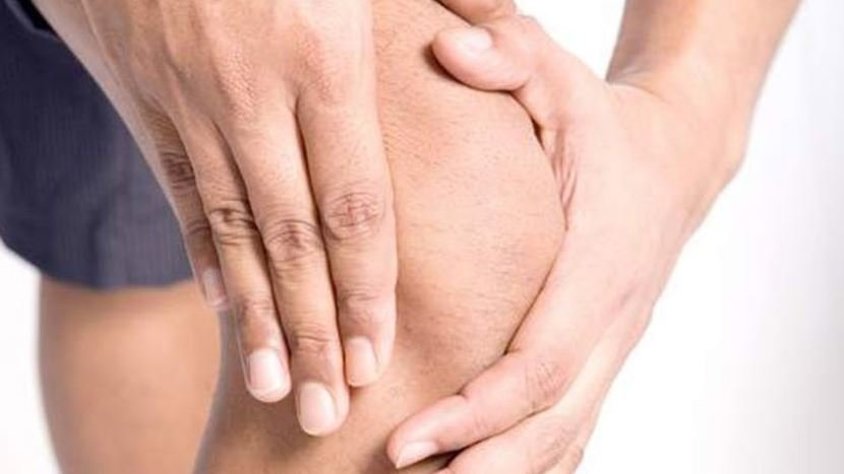I can’t drink water, I don’t feel like drinking water, I end the day without finishing a glass of water. Despite its vital importance, many of us do not drink water unless we are thirsty. Stating that approximately 60 per cent of our body consists of water and that all cells and organs need water to function properly, he said, “Every day, the body loses water through sweating, urine and even breathing. In order for vital activities to continue, the lost water must be replaced. While the body’s water requirement varies according to the weight and activity status of the person, water consumption per kilo should be 30-40 ml. If it is not consumed at all, it can have fatal consequences.
Let’s look at what you will encounter if you drink less water than your body needs…
Decreases concentration

The brain consists of 75 per cent water. Mild levels of dehydration can cause impairments in mood and cognitive functions. While concentration decreases as a result of dehydration, the performance of cognitive functions such as short-term memory decreases significantly. Since hand-eye motor coordination may be impaired, it becomes difficult to perform sensitive or detailed work, and security weakness may occur.
Increases blood pressure

90 per cent of blood consists of water. Since blood volume and blood pressure are directly affected by water consumption, in case of insufficient water consumption, blood pressure balance cannot be adjusted and may cause an increase in blood pressure.
Triggers asthma and allergy

When water consumption is reduced, the airways are restricted by the body to minimise water loss, potentially worsening asthma and allergies. Adequate water consumption is also important to ensure that microbes in the body can be expelled in a short time. Especially in cases such as high fever and diarrhoea, water consumption is of vital importance.
Causes muscle cramps

Sweating is an important cooling mechanism for the body. It helps the skin to cool down. On the other hand, we lose salt and some minerals as we sweat. If sweat losses are not compensated by fluid intake, body temperature cannot be regulated, and blood pressure to the muscles decreases and muscle cramps and muscle contractions can be observed.
Disrupts the gastrointestinal tract

The intestine needs water to function properly. If water consumption is low, digestive problems and constipation can become a problem. Insufficient water consumption can cause an overly acidic stomach, which makes heartburn more common and can promote the development of stomach ulcers.
Can cause headaches

While thirst can also lead to headaches, some observational studies say that thirst can prolong migraine durations. Many of us experience headaches during the day. We attribute this to causes such as stress, fatigue, insomnia or illness. However, if you often suffer from headaches during the day and the unrelenting headaches turn into migraines, the main reason for this may be that you do not drink water.
Can lead to kidney failure

Kidneys need water for the filtration of wastes from the bloodstream and excretion through urine. Kidneys dilute and excrete harmful waste substances (such as urea, creatinine, uric acid) that occur in our body every day with water. In people who drink less fluid than their daily needs, urinary tract inflammation and stones can easily occur because the urine flow will slow down. Insufficient water consumption can also lead to kidney failure in the long term.
Causes wrinkles on the skin

About 30 per cent of our skin consists of water. Water is necessary to maintain skin moisture and provide skin cells with the necessary nutrients. It regenerates skin tissue and increases its elasticity. This helps to delay the appearance of signs of aging such as wrinkles and fine lines. When less water is consumed; skin disorders and wrinkles are encountered earlier.
Causes joint pain

Cartilage in the joints and discs of the spine contains about 80 per cent water. When water consumption is sufficient, the cartilage functions better and a well-lubricated spine can move more easily. The smoother the spine, the less friction is affected. When dehydration increases, it can cause degeneration and damage, leading to severe pain.
Don’t forget to drink water! For example, right now…
